Description
Buy Trihexyphenidyl Hydrochloride 2mg Online
Trihexyphenidyl Hydrochloride 2mg
Qualitative and quantitative composition
Trihexyphenidyl Hydrochloride 2mg contains 2mg trihexyphenidyl hydrochloride BP. Each white scored tablet coded ‘GP 4434’ contains trihexyphenidyl hydrochloride 2mg.
Clinical particulars
Trihexyphenidyl Hydrochloride 2mg is an antispasmodic drug which exerts a direct inhibitory effect on the parasympathetic nervous system. It also has a relaxing effect on smooth muscle.
It is indicated in all forms of Parkinsonism (postencephalitic, arteriosclerotic and idiopathic). It is often useful as adjuvant therapy when treating these forms of Parkinsonism with levodopa. Trihexyphenidyl is effective in reducing the rigidity of muscle spasm, tremor and excessive salivation associated with Parkinsonism. Trihexyphenidyl is also indicated to control extrapyramidal disorders (eg akathisia manifested by extreme restlessness and dyskinesia characterised by spastic contractions and involuntary movements) due to central nervous system drugs such as reserpine and the phenothiazines.
Posology and method of administration
Adults only: Optimal dosage should always be determined empirically, usually by initiating therapy at a relatively low level and by subsequent graduated increments.
The usual dosage for Parkinsonism is 6-10mg per day although some patients chiefly in the post-encephalitic group may require an average total dose of 12-15mg daily. It should be given orally either three or four times a day at mealtimes.
Normal dosage for drug-induced Parkinsonism is usually between 5mg and 20mg per day, although some cases have been controlled by 1mg daily.
In all cases, trihexyphenidyl dosage should be increased or decreased only by small increments over a period of several days. In initial therapy the dose should be 1mg the first day, 2mg the second day with further increases of 2mg per day at three to five-day intervals until the optimum dose is reached.
If patients are already being treated with other parasympathetic inhibitors, trihexyphenidyl should be substituted as part of the therapy. When trihexyphenidyl is used concomitantly with levodopa the usual dose of each may need to be reduced. Careful adjustment is necessary, depending on side effects and the degree of symptom control. Trihexyphenidyl dosage of 3-6mg daily in divided doses, is usually adequate.
Trihexyphenidyl may be taken before or after meals according to the way the patient reacts. If trihexyphenidyl tends to dry the mouth excessively, it may be better to take it before meals, unless it causes nausea. If taken after meals, induced thirst can be allayed by peppermint, chewing gum or water.
Treatment of drug-induced extrapyramidal disorder: The size and frequency of dose of trihexyphenidyl needed to control extrapyramidal reactions to commonly employed tranquillisers, notably the phenothiazines, thioxanthenes, and butyrophenones must be determined empirically. The total daily dosage usually ranges between 5 and 15mg, although in some cases, these reactions have been controlled by as little as 1mg daily.
Satisfactory control may sometimes be more rapidly achieved by temporarily reducing the dosage of both drugs until the desired ataractic effect is retained without concomitant extrapyramidal reactions.
It is sometimes possible to maintain the patient on reduced trihexyphenidyl dosage after the reactions have remained under control for several days. Since these reactions may remain in remission for long periods after discontinuation of trihexyphenidyl therapy, such therapy should be of minimal duration and discontinued after symptoms have subsided for a reasonable period of time.
Elderly: Patients over 65 years of age tend to be relatively more sensitive and require smaller amounts of the drug.
Children: Not recommended.
Contraindications
Hypersensitivity to trihexyphenidyl or any of the other ingredients.
Special warnings and precautions for use
Precautions: Since the use of trihexyphenidyl may, in some cases, continue indefinitely, the patient should be under careful observation over the long term. It should be administered with care to avoid allergic or other untoward reactions.
Except in the case of vital complications, abrupt discontinuation of the drug should be avoided.
Incipient glaucoma may be precipitated by para-sympatholytic drugs such as Trihexyphenidyl Hydrochloride 2mg,
Hypertension, cardiac, liver or kidney disorders are not contra-indicated, but such patients should be followed closely. As trihexyphenidyl may provoke or exacerbate tardive dyskinesia, it is not recommended for use in patients with this condition.
Trihexyphenidyl should be used with caution in patients with glaucoma, obstructive disease of the gastro-intestinal or genito-urinary tracts, and in elderly males with possible prostati

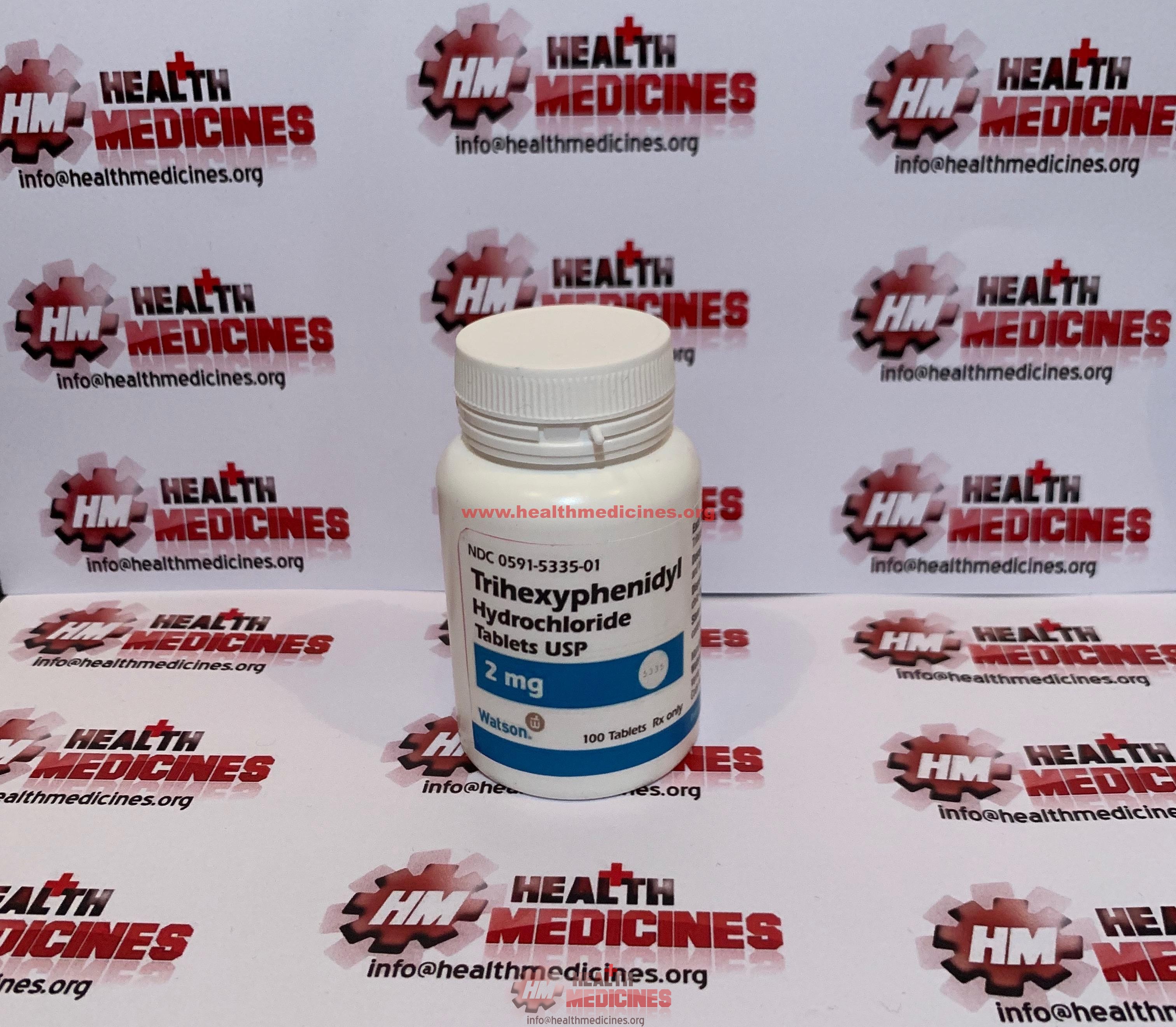
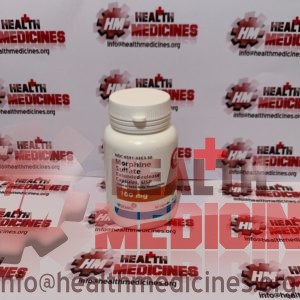
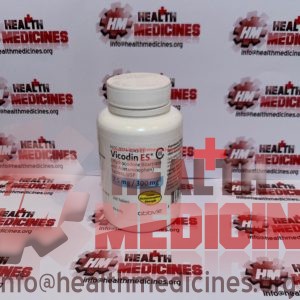
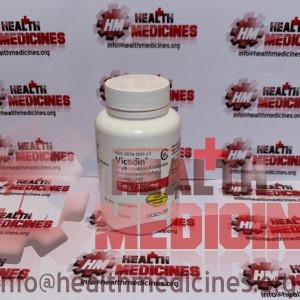
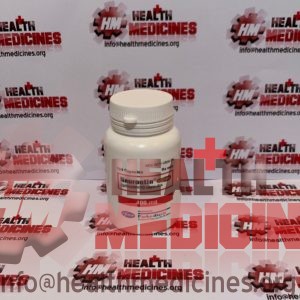
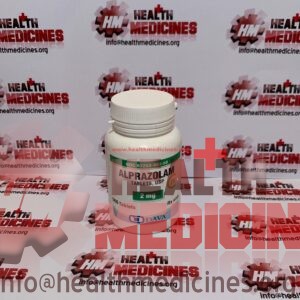
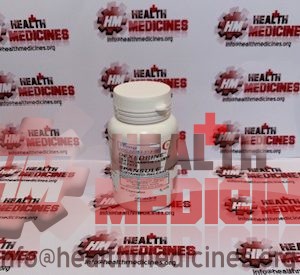
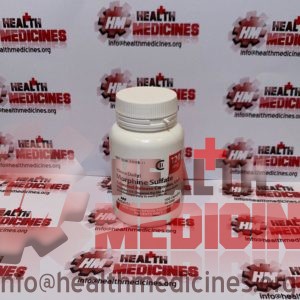
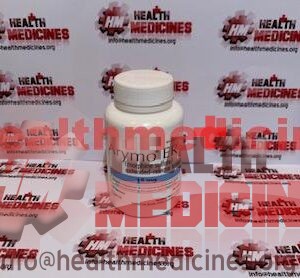
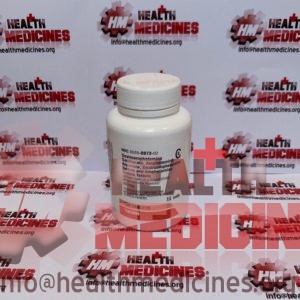
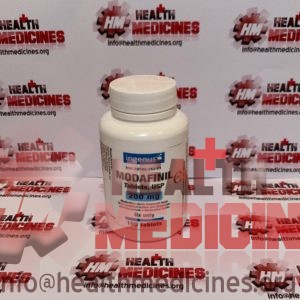
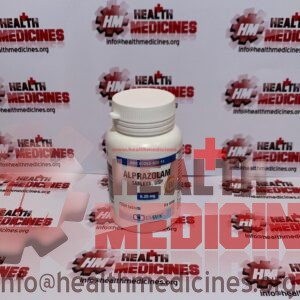
Reviews
There are no reviews yet.